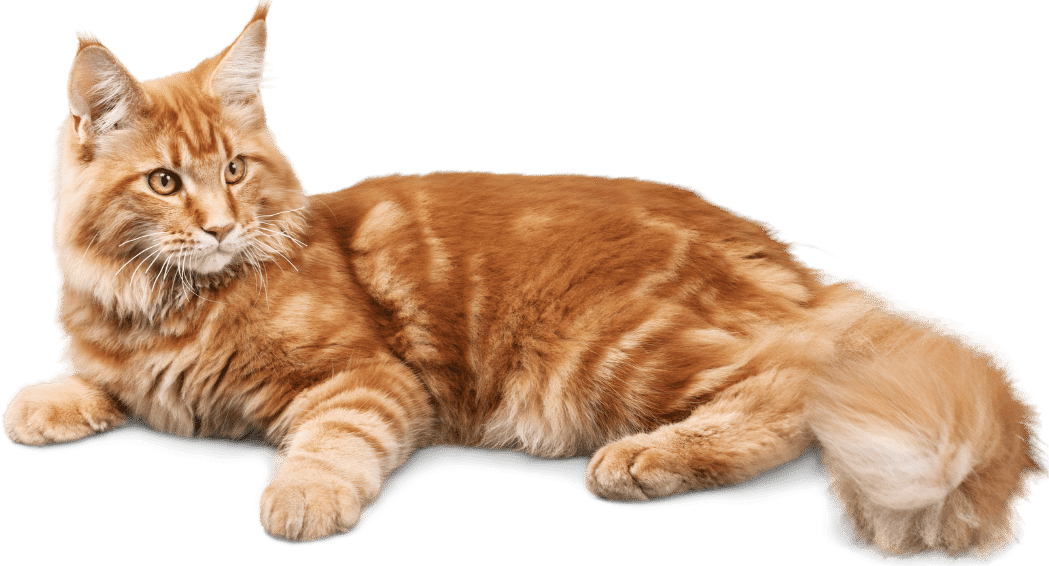Pomeranian Dog Breed: History, Personality, and Care Tips
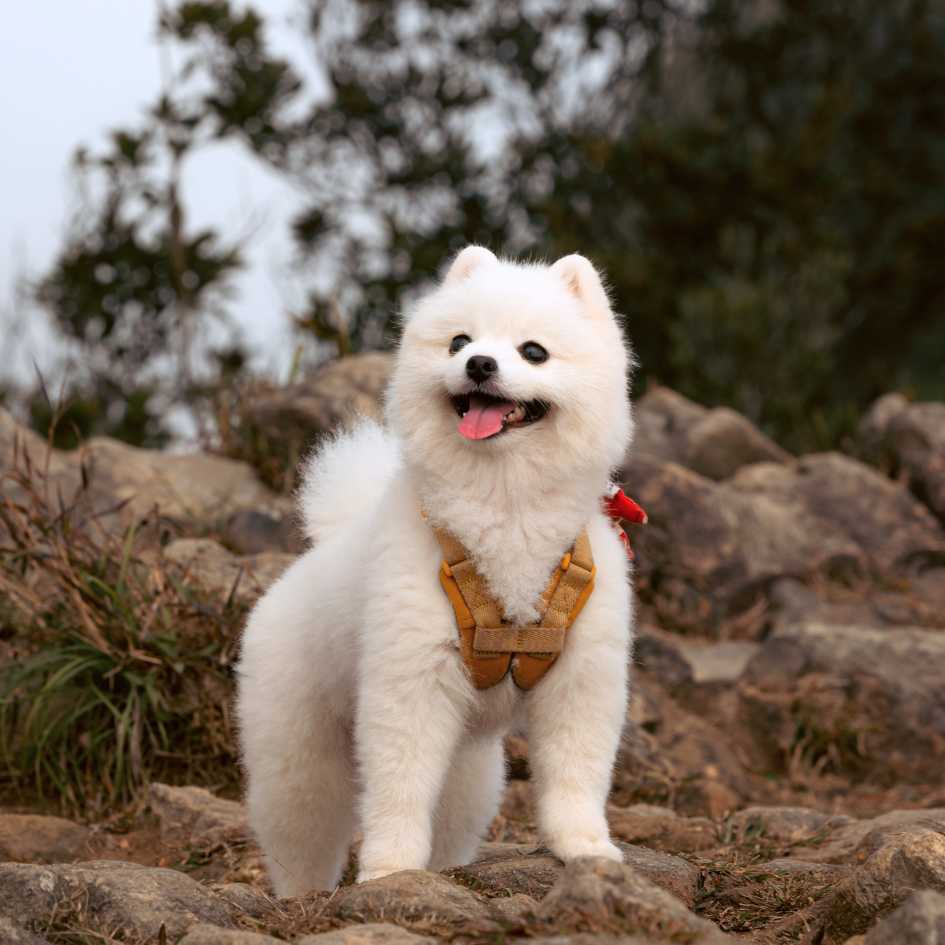
Pomeranians are one of the most adorable and sought-after small dog breeds in the world. With their fluffy double coats, foxy faces, and charismatic personalities, they’ve stolen the hearts of dog lovers everywhere. Despite their tiny size, Pomeranians bring an enormous amount of love and energy into any home. In this blog, we’ll dive into their fascinating history, unique personalities, and how to care for these delightful companions. Plus, we’ll provide insights into their price in India.
History of the Pomeranian
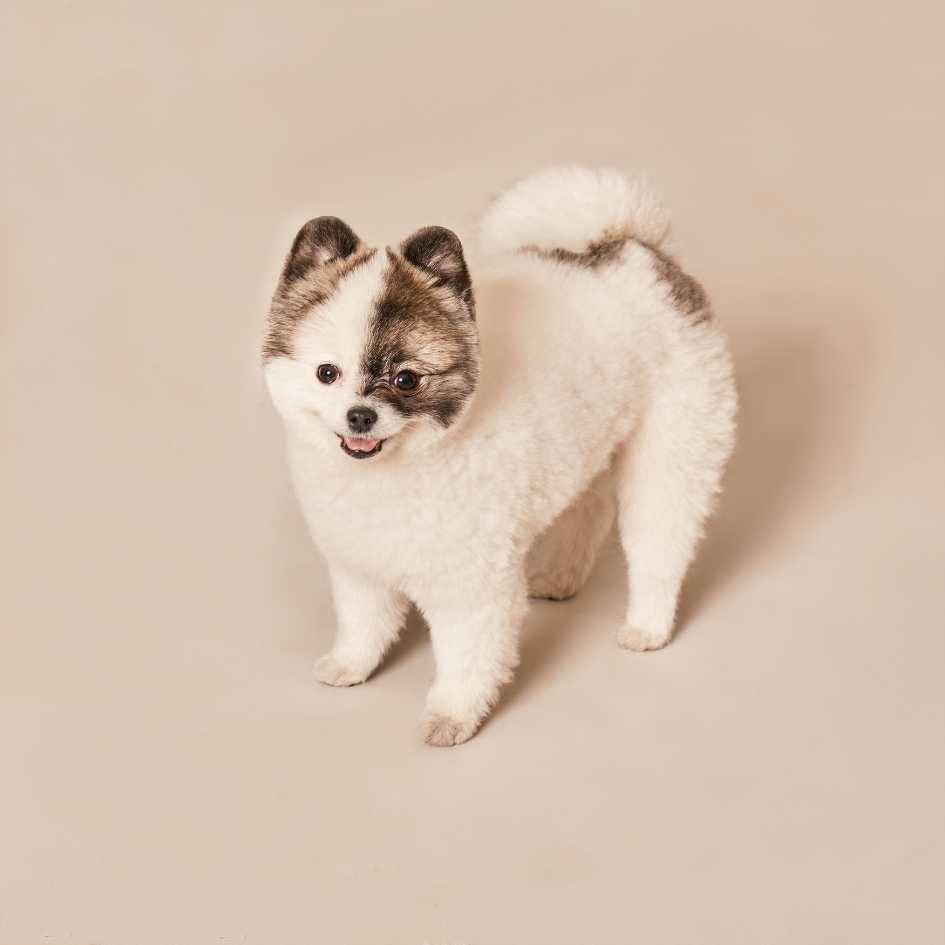
The Pomeranian’s story begins in the icy regions of the Arctic, where their ancestors were large sled dogs. These hardy dogs were bred down in size over the years in the region of Pomerania (modern-day Poland and Germany), giving the breed its name.
- The turning point in the breed’s history came when Queen Victoria of England fell in love with a Pomeranian during her trip to Italy. She brought one home, and her influence popularized the breed immensely. Interestingly, Queen Victoria also favored smaller Pomeranians, which led breeders to focus on reducing the breed’s size further.
Pomeranian Physical Characteristics

Pomeranians may be small, but their appearance is nothing short of regal. Here’s what makes them stand out:
- Size: These dogs typically weigh between 3-7 pounds and stand about 7-12 inches tall.
- Coat: Pomeranians boast a luxurious double coat in various colors, including orange, black, white, cream, blue, sable, and more.
- Distinctive Features: They have a fox-like face, alert and perky ears, and a bushy tail that curves over their back.
Their petite stature and fluffy coat give them an irresistible charm that’s hard to ignore.
Personality Traits

Don’t let their small size fool you—Pomeranians have larger-than-life personalities. Here’s what you can expect:
- Playful and Energetic: Pomeranians are always up for an adventure. They love playing games and exploring their surroundings.
- Loyal and Affectionate: These dogs form strong bonds with their owners and enjoy being the center of attention.
- Confident and Independent: Pomeranians are known for their self-assured nature. They can sometimes be a bit bossy, but their charm makes up for it.
- Vocal Nature: Pomeranians are alert and quick to bark, making them excellent watchdogs.
Care Tips for Pomeranians
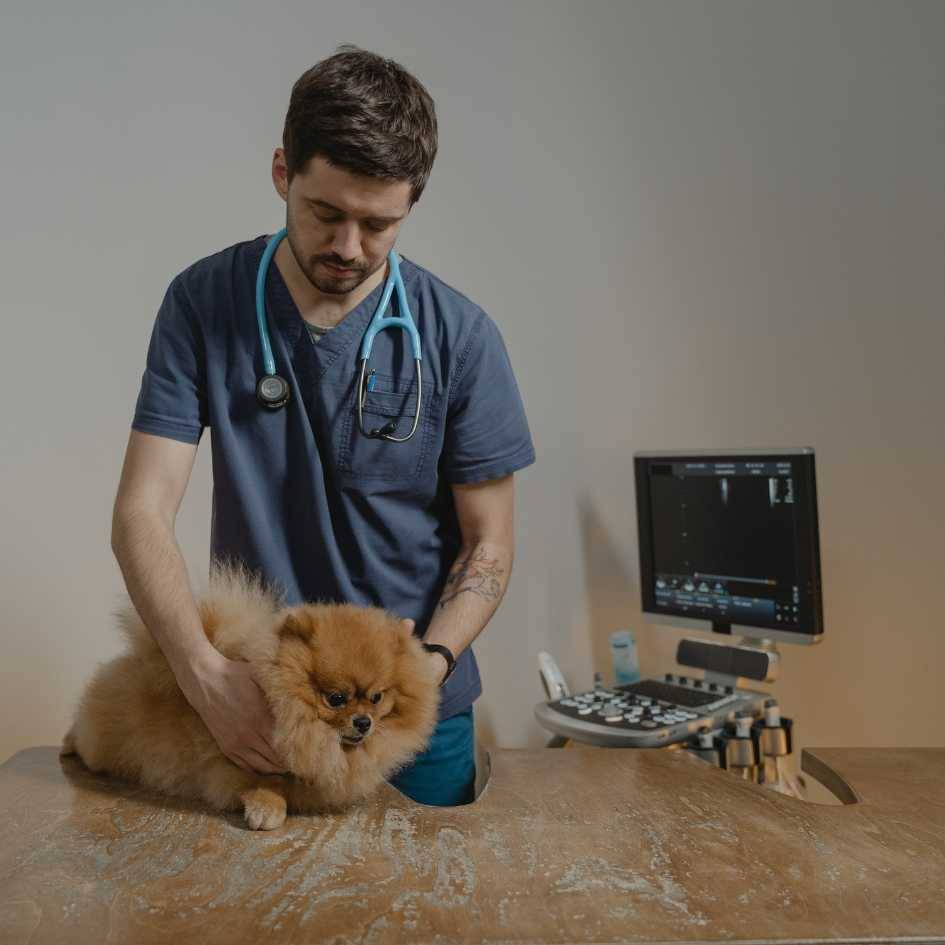
Owning a Pomeranian comes with its responsibilities. Proper care ensures they remain healthy and happy throughout their lives.
- Brushing: Pomeranians have a thick double coat that requires regular brushing (at least 2-3 times a week) to prevent matting and control shedding.
- Bathing: Bathe them once every 4-6 weeks, or as needed.
- Dental Care: Regular brushing of their teeth is crucial, as small breeds like Pomeranians are prone to dental issues.
- Provide high-quality dog food rich in protein and essential nutrients.
- Avoid overfeeding, as Pomeranians can gain weight quickly due to their small size.
- Though small, Pomeranians are energetic and need daily exercise. Short walks and playtime are enough to keep them fit.
- Mental stimulation through puzzle toys or training sessions keeps them sharp and engaged.
- Start training early to manage their independent streak. Positive reinforcement works best.
- Early socialization helps them adapt to different people, pets, and environments.
Pomeranian Health and Lifespan
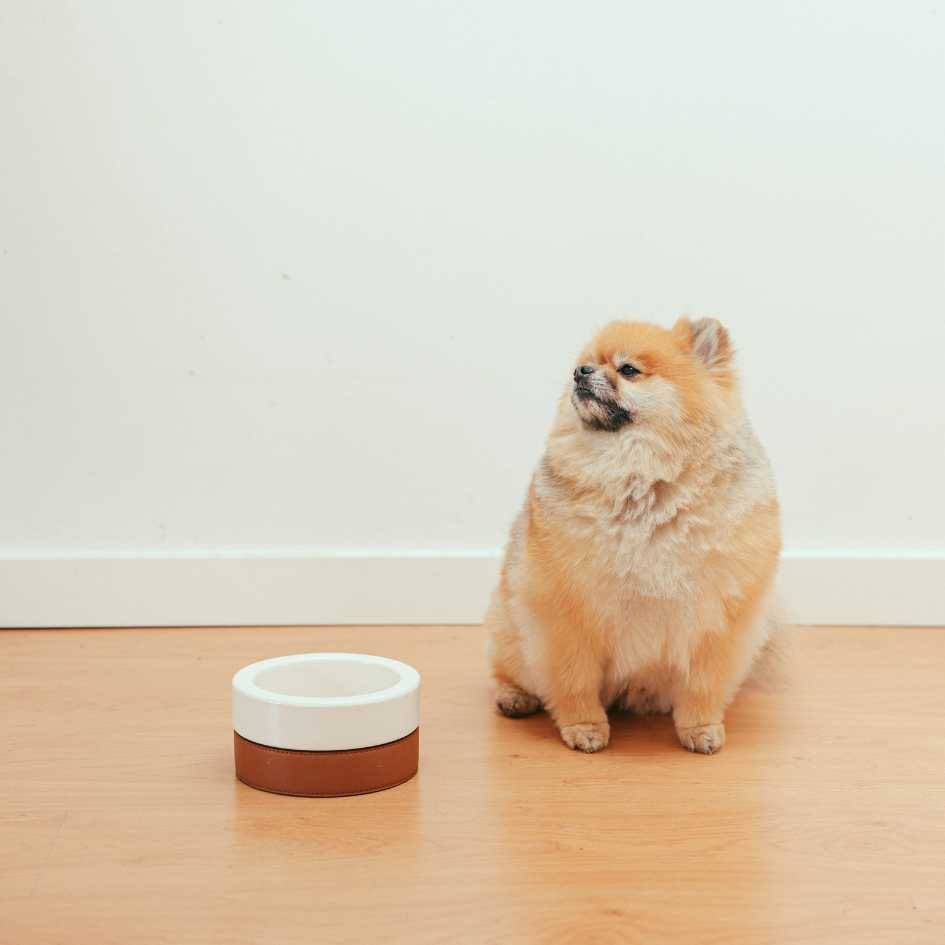
Pomeranians are generally healthy dogs but are prone to certain health issues, including:
- Luxating Patella: A common issue where the kneecap slips out of place.
- Dental Problems: Regular dental care is essential to prevent issues.
- Tracheal Collapse: Small dogs like Pomeranians are at risk of this condition, so always use a harness instead of a collar.
With proper care, Pomeranians can live a happy and healthy life of 12-16 years.
Pomeranian Price in India
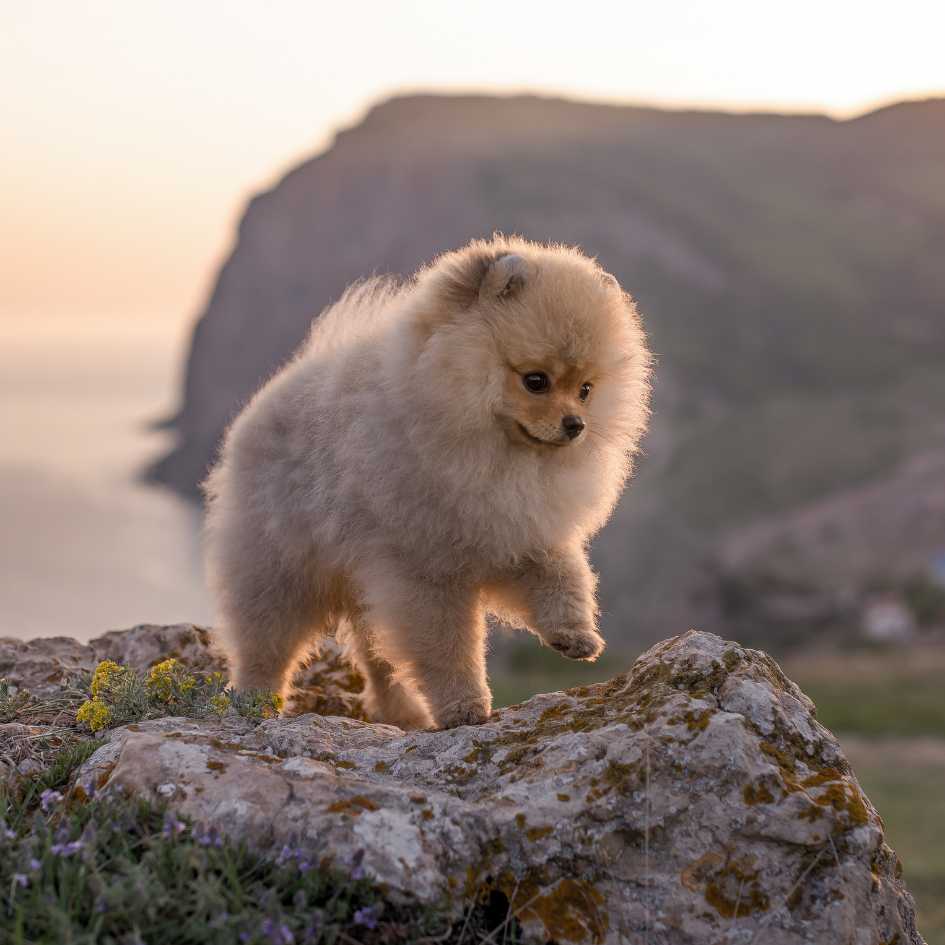
The price of a Pomeranian in India varies depending on factors like pedigree, breeder reputation, location, and coat color. Here’s a breakdown:
- Average Cost: ₹7,000–₹40,000.
- Factors Affecting Price: A show-quality Pomeranian with a superior pedigree can cost significantly more.
Tip: Always buy from a reputable breeder to ensure you’re getting a healthy puppy and avoid unethical puppy mills.
Why Pomeranians Make Great Pets

- Adaptability: They’re perfect for apartment living due to their small size.
- Companionship: Their affectionate nature makes them great for families, singles, and seniors.
- Loyalty: Pomeranians form deep bonds with their owners and are incredibly devoted.
Fun Facts About Pomeranians
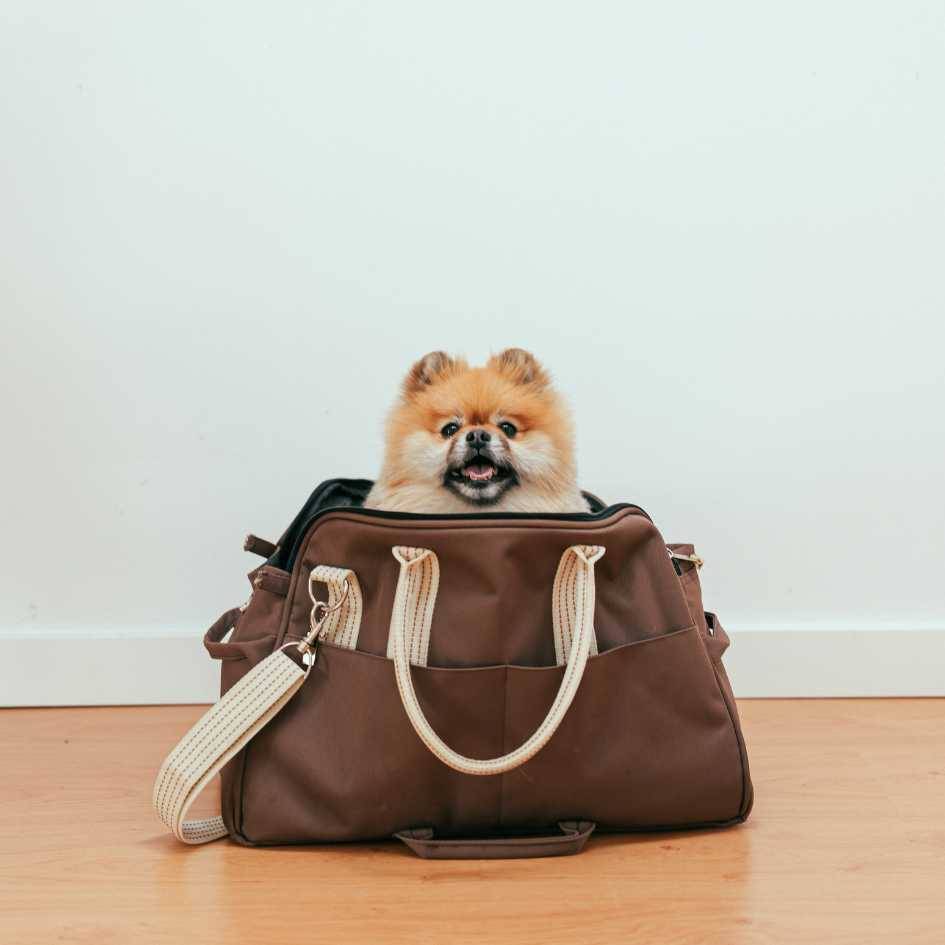
- Queen Victoria’s Pomeranian, named Marco, weighed just 12 pounds.
- Pomeranians are descendants of large sled dogs, proving that good things come in small packages.
- Boo, the Pomeranian, became an internet sensation and was dubbed the “World’s Cutest Dog.
Conclusion
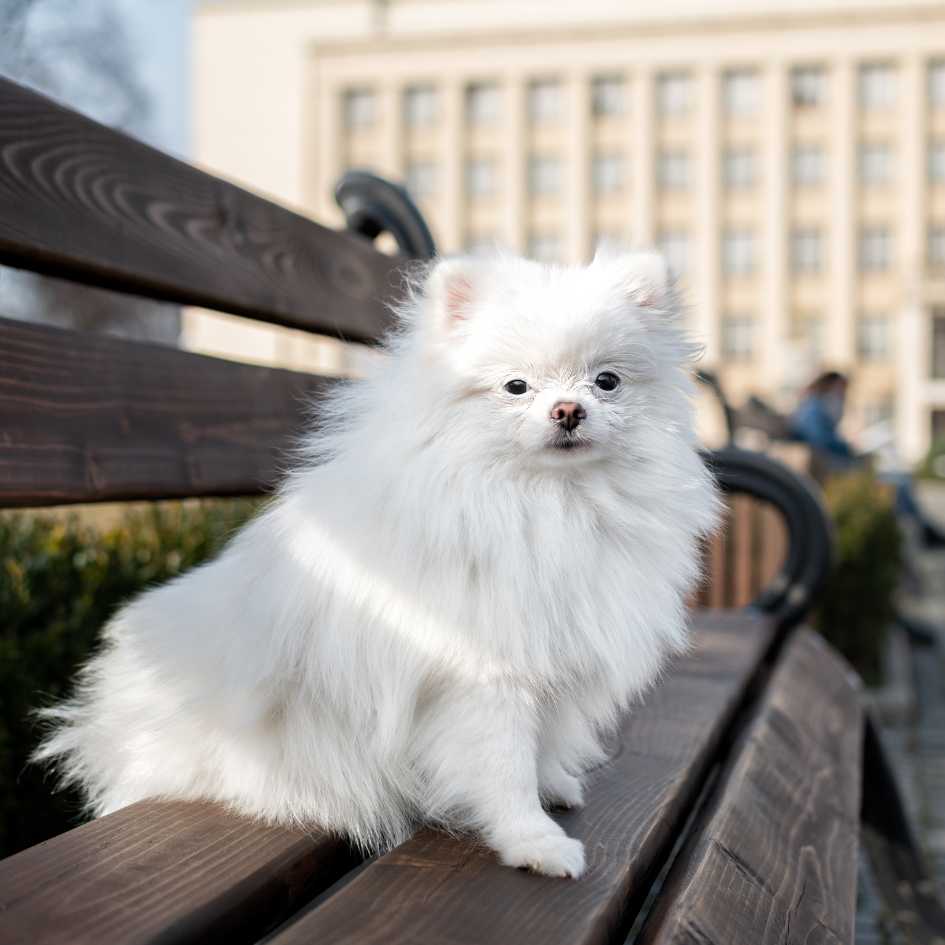
Pomeranians may be small, but their impact on their owners’ lives is immeasurable. With their fluffy coats, spirited personalities, and loving nature, they make excellent companions for anyone willing to give them the care and attention they deserve. Whether you’re looking for a playful partner or a loyal lapdog, the Pomeranian is sure to bring joy and laughter into your life.
Ready to welcome a Pomeranian into your home? Be prepared for a lifetime of love, loyalty, and unforgettable moments.


